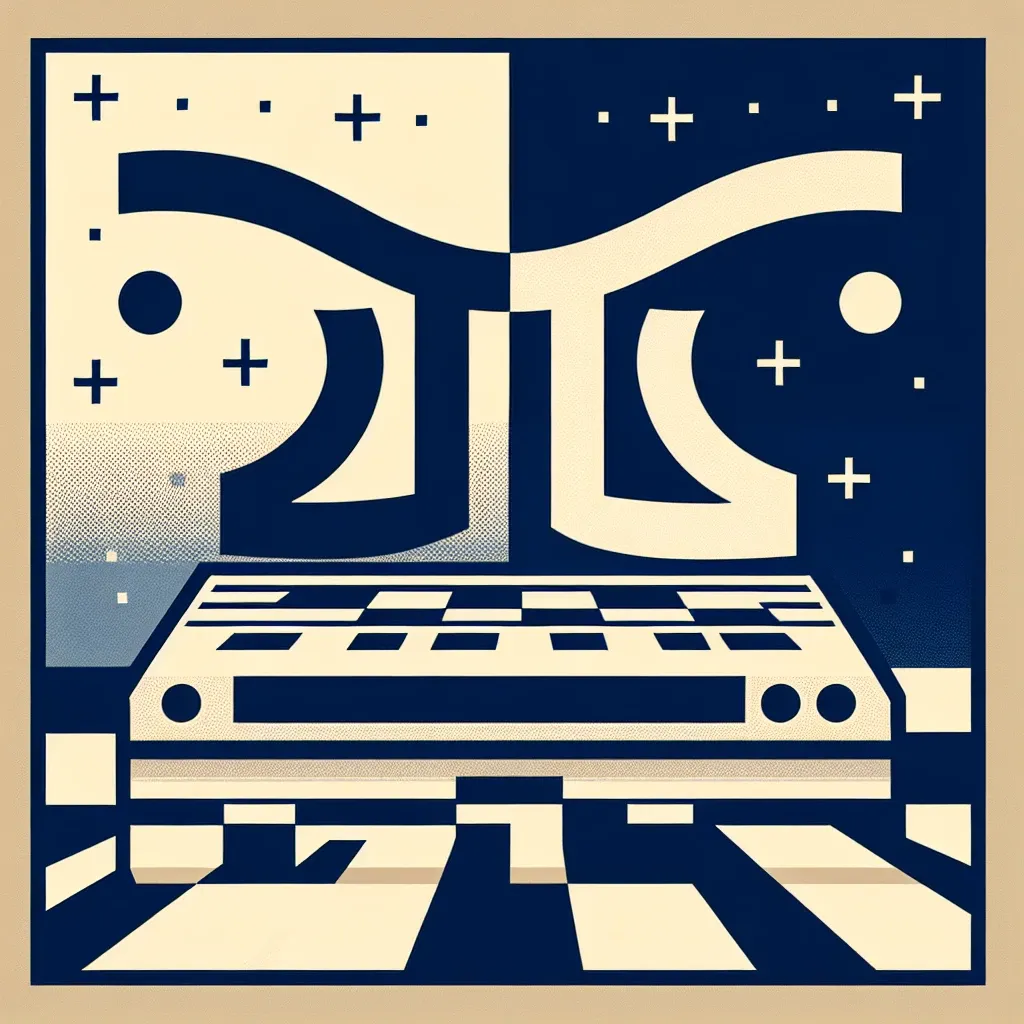Introduction
In a surprising turn of events, the renowned chess engine Gemini has declined an invitation to engage in a chess match against Atari and other classic hardware systems. This decision has left many in the chess community pondering the implications of AI technology in this time-honored game. In this article, we will explore the historical significance of Atari in the realm of chess, the rise of AI engines like Gemini, and what this refusal means for the future of chess competitions.
Historical Context of Chess and Atari
Atari, known primarily for its groundbreaking video games of the late 70s and early 80s, also made notable contributions to computer chess. The Atari computers of that era pushed the boundaries of technology and helped popularize chess among the masses. Titles such as Chess Challenger captivated players and demonstrated the potential of machines to compete against human intellect.
The Evolution of Chess Engines
The journey from classic hardware to advanced AI chess engines is nothing short of remarkable. Early chess games were limited by their computational abilities, but as technology evolved, so too did the sophistication of chess engines. The Deep Blue match against Garry Kasparov in 1997 marked a watershed moment, illustrating the growing power of AI in chess.
Gemini: The New Generation of Chess Engines
Gemini, an AI chess engine developed by a team of leading researchers, has quickly risen to prominence in the chess community. Its advanced algorithms and ability to learn from each game have set it apart from its predecessors. The refusal to play against Atari and classic machines begs the question: what are the motivations behind such a decision?
Reasons for Refusal
- Technological Disparity: The gap between modern AI and classic hardware is significant. Gemini’s refusal may stem from the understanding that playing against outdated technology does not contribute to its growth or development.
- Focus on Competitive Play: Gemini likely aims to engage in matches that challenge its capabilities, rather than those that might seem more of a novelty than a serious competition.
- Preservation of Legacy: The decision may also reflect a desire to preserve the integrity and legacy of both modern and classic chess engines.
Implications for the Future of Chess
Gemini’s refusal to compete in a classic matchup raises important considerations for the future of chess. As AI continues to develop, what does this mean for human players and classical chess tournaments?
The Rise of AI in Competitive Chess
The chess landscape is undeniably changing. With AI becoming more integrated into the training and competitive structure, human players must adapt to remain relevant. The rise of AI chess engines could lead to:
- New Training Methods: Players may increasingly rely on AI for analysis, strategy formulation, and game preparation.
- Changing Tournament Formats: Traditional formats may evolve to accommodate the presence of AI, leading to entirely new competition styles.
- Ethical Considerations: The integration of AI in competitive play raises questions about fairness and the role of technology in the game.
Expert Opinions
Chess grandmasters and AI experts have weighed in on this topic. Many believe that while AI has brought numerous advancements to chess, the essence of the game remains rooted in human creativity and intuition. AI can provide insights and analysis, but the unpredictable nature of human play keeps the game exciting.
Conclusion
The decision by Gemini to refuse a chess match against Atari and classic hardware highlights the evolving relationship between technology and traditional games. As we look to the future, it remains clear that the fusion of AI with chess will usher in new opportunities and challenges alike. While classic hardware may have played a significant role in the past, the future of chess is undoubtedly shaped by sophisticated AI that continues to push the boundaries of the game.
By understanding the implications of Gemini’s refusal, we can better appreciate the ongoing evolution of chess and the role that technology plays in shaping its future.

